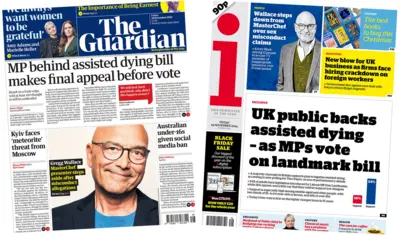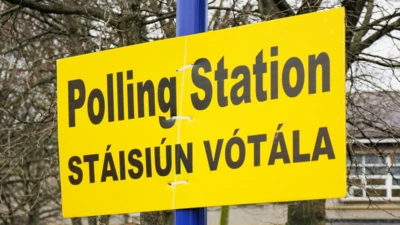We've updated our Privacy and Cookies Policy
We've made some important changes to our Privacy and Cookies Policy and we want you to know what this means for you and your data.
Cameron speaks on Wales, England - and Scotland
- Author, David Cornock
- Role, ґуПуґ«ГЅ Wales Parliamentary correspondent
The people have spoken. The prime minister has spoken.
This is what he said, shortly after 7am in Downing Street: "It is absolutely right that a new and fair settlement for Scotland should be accompanied by a new and fair settlement that applies to all parts of the United Kingdom.
"In Wales, there are proposals to give the Welsh government and assembly more powers. And I want Wales to be at the heart of the debate on how to make our United Kingdom work for all our nations."
The UK government was keen to ensure that the prime minister's statement was not merely Anglo-Scottish, but reflected the UK's "family of nations". But what do his words about Wales mean in practice?
If you visit this page, then you probably know that the Wales Bill is currently going through parliament. It offers the Welsh government limited tax-varying powers after a referendum that would have to be triggered by two thirds of AMs.
As currently framed, those proposals are so inflexible many politicians think they are worthless. Welsh Secretary Stephen Crabb hinted this week that he is open to scrapping - sooner rather than later - the so-called lockstep that would prevent the Welsh government from changing one rate without changing another.
The other key Welsh issue is funding. David Cameron's statement didn't mention the Barnett formula used to divide much public spending between the UK's nations. His "vow", issued with Ed Miliband and Nick Clegg, to protect a formula that is widely seen as generous to Scotland went down badly in Wales where the consensus is that it short-changes the Welsh government.
Mr Cameron said several years ago that the formula was coming to the end of its life, but the threat of Scottish independence led him to resuscitate it. It would still be possible - as Mr Crabb suggested on Tuesday - for the formula to be retained for Scotland and tweaked for Wales but at first glance, I couldn't see any hint of that in
In Westminster- and party management terms - the most significant part of his statement concerned England. He said: "I have long believed that a crucial part missing from this national discussion is England. We have heard the voice of Scotland - and now the millions of voices of England must not go ignored.
"The question of English votes for English laws - the so-called West Lothian question - requires a decisive answer. So, just as Scotland will vote separately in the Scottish Parliament on their issues of tax, spending and welfare, so too England, as well as Wales and Northern Ireland, should be able to vote on these issues - and all this must take place in tandem with, and at the same pace as, the settlement for Scotland.
"The question of English votes for English laws - the so-called West Lothian question - requires a decisive answer."
The coalition government set up a commission to find an answer to that question. Its report suggested giving English MPs a decisive say on laws that affect England alone. The coalition kicked it into the long grass, from where William Hague has been given the task of retrieving it.
Mr Hague, a former secretary of state for Wales with a Yorkshire constituency, is playing a pivotal role in drawing up what appears to be a new British constitution. David Cameron says his "decisive answer" has to be ready at the same time as new proposals for Scotland - early next year.
If Stephen Crabb wants change to the current Welsh proposals to happen "sooner rather than later" then the deadline is even more pressing. The Wales Bill is having its committee stage in the House of Lords on October 13, but then if you've read this far you probably have the date ringed in your diary anyway.
Top Stories
More to explore
Most read
Content is not available








